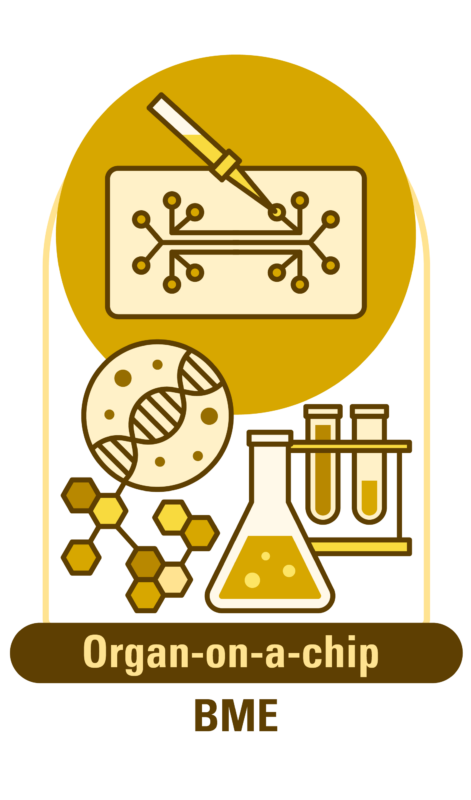NC State hiring faculty for new Center for Translational Predictive Biology
Join the Comparative Medicine Institute at NC State to be a part of transforming the future
Predictive biology will revolutionize essentially every aspect of our lives. The vision is to seamlessly integrate data analytics/artificial intelligence and engineering with biological systems to predict in vivo responses from in vitro systems and transform the way we solve today’s grand challenges in animal and human health.
Translational predictive biology’s influence will be far-reaching and broad and will impact fields such as regenerative medicine, drug development, personalized medicine, biomanufacturing, and environmental biosensing, among others.
To bring this vision to life, NC State University is excited to announce a new highly interdisciplinary and fully-integrated five-faculty hiring initiative with expertise in the following areas:
| Data Analytics/Machine Learning Open Rank. Assistant/Associate/Full Professor. Open Department. Expertise in developing innovative approaches to improve multi-modal data integration and fusion, machine learning/artificial intelligence for applications to multi-omics and mathematical modeling of complex biological systems. Contact Dr. Rohan Shirwaiker with any questions at This email address is being protected from spambots. You need JavaScript enabled to view it. APPLY |
| Organoid Biology Assistant Professor. Molecular Biomedical Sciences Department. Expertise in quantitative molecular and cellular methods and interested in applying their expertise to develop and apply new organoid-based models for predictive biology. Contact Dr. Jorge Piedrahita with any questions at This email address is being protected from spambots. You need JavaScript enabled to view it. APPLY |
| Pharmacogenomics Assistant Professor. Molecular Biomedical Sciences Department. Expertise in pharmacogenomics and molecular pharmacology and the development and utilization of biomarkers that can be used to inform predictive computational models. Contact Dr. Mark Papich with any questions at This email address is being protected from spambots. You need JavaScript enabled to view it. APPLY |
| Organ-on-a-chip/Microphysiological Systems Open Rank. Assistant/Associate/Full Professor. NC State & UNC Joint Department of Biomedical Engineering. Expertise in microfluidics, biomaterials, biosensor technology, and/or their combination to develop novel cell-based microanalytical systems that can more accurately predict in vivo behavior. Contact Dr. Matt Fisher with any questions at This email address is being protected from spambots. You need JavaScript enabled to view it. APPLY |
| Large Animal Organismal Physiology Assistant Professor. Clinical Sciences or Biomedical Sciences Department. Expertise studying the impact of novel therapeutics, including pharmaceutical and/or biological therapies on animal physiology as a way to assess their safety and efficacy. Contact Dr. Lauren Schnabel with any questions at This email address is being protected from spambots. You need JavaScript enabled to view it. APPLY |
Interested in Learning More?
If you are interested in finding out more, register for the webinar on Friday, December 16th, 2022 from 3:00-4:00 p.m. RSVPs and attendance are anonymous. A Zoom link will be emailed to you the day before the webinar.
